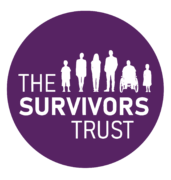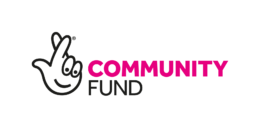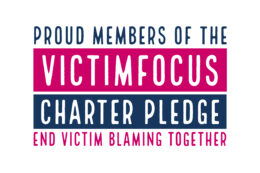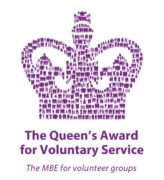Dealing with disclosures
Hearing a disclosure about abuse can often be daunting for the recipient, but it is extremely important for the individual disclosing that they feel heard and believed. This may be the first time they have ever told anyone about their experience, and those receiving the disclosure should:
- Listen to them without interrupting
- Maintain a calm appearance
- Ensure the environment is appropriate where possible
- Re-assure the person they are doing the right thing
- Convey belief
- Recognise their strength and courage
- Validate their feelings
- Don’t judge them
- Let them regain control
- Be clear about boundaries
- Seek support
How children may tell
It can be very difficult for children and young people to tell someone what has happened to them. They may struggle to find the words and be fearful of the consequences to them, or even the perpetrator.
Children and young people may disclose abuse in a variety of ways, so the adults that work with them need to be able to recognise the signs and know how to respond appropriately. Abuse can be disclosed:
- Directly – by making specific verbal statements about what’s happened to them
- Indirectly – by making ambiguous verbal statements which suggest something is wrong
- Behaviourally – by displaying behaviour that signals something is wrong (this may or may not be deliberate)
- Non-verbally – by writing letters, drawing pictures or trying to communicate in other ways.
To help a child disclose you must:
- Show you care. Listen to what they are trying to say, help them open up. Give your full attention and keep your body language open and encouraging. Reassure them that their feelings are important and convey how brave they have been by talking to you.
- Allow them to take their time. Don’t interrupt, let them go at their own pace.
- Recognise and respond to their body language, keep reassuring them that are doing well and allow them to talk when they are ready.
- Show you understand by reflecting back what they have said, using their language.
Barriers to disclosing
For many people it’s extremely difficult to disclose what has happened to them and professionals need to be able to recognise the barriers which may prevent someone disclosing when making a referral to our services. These can include:
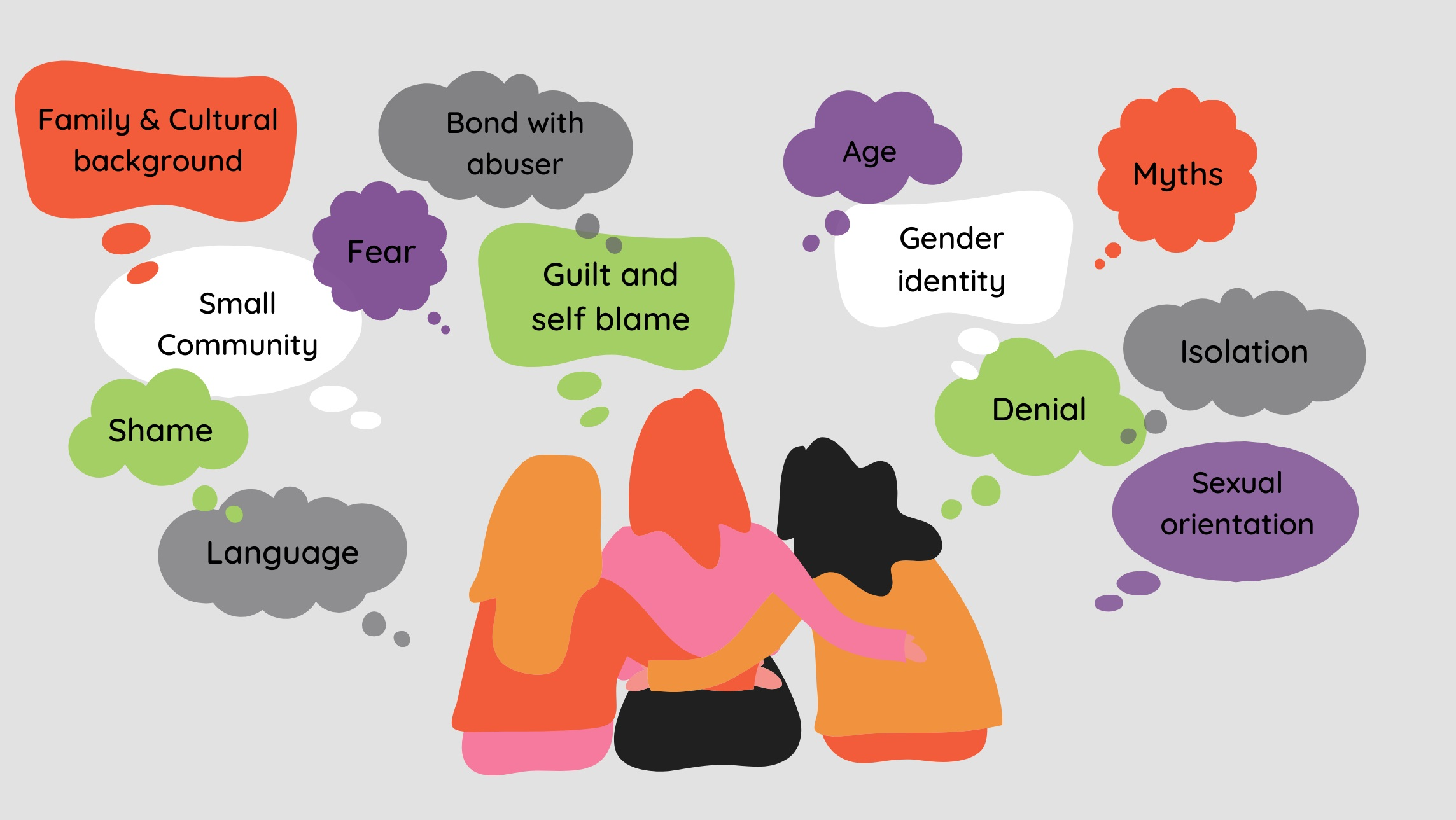
Training is available on responding to disclosures of sexual violence.
Vicarious trauma
Professionals who work with children and young people, vulnerable adults and families who have experienced trauma or abuse can often feel affected by hearing about traumatic events and the considerable impact and distress they cause.
Having empathy is part of the work that we do, allowing us to relate to those around us, but can leave us emotionally vulnerable. Symptoms of low mood and anxiety can be a result of vicarious trauma and it’s important that these feelings are raised with a supervisor or line manager.
CRASAC offers vicarious trauma training and can also provide Clinical Supervision which helps reduce the risk of vicarious trauma. Those who work with victims and survivors are supported in an environment where they can:
- explore their own personal and emotional reactions to their work
- reflect on and challenge their own practice in a safe and confidential environment
- receive feedback on their skills and engage in professional development
- identify developmental needs and support revalidation.
See our full range of training packages.
Making a referral
If you would like to talk to someone about a referral for Counselling or into our ISVA service, our client services team are available Monday to Thursday 9am – 5pm, and Friday 9am – 3pm on 024 7627 7777 or email clientservices@crasac.org.uk.
This is the first point of contact for anyone who would like more information on the specialist sexual violence support services available. Both self-referrals and professional referrals can be made via our online referral form.

